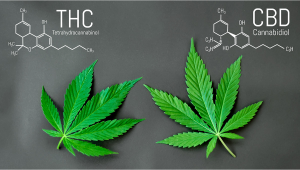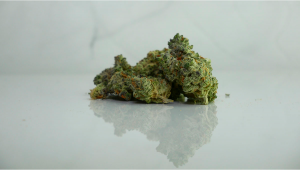Brewing Cannabis With Hacked Beer Yeast

- 1. Turning beer yeast into thc and cbd
- 2. How did they do it?
- 3. Are there other ways of making non-plant cannabinoids?
- 4. Cannabis-drinks market on the rise
- 5. The bottom line
The use of marijuana is on a rise on a worldwide level, there's no denying that. As more and more countries start to accept and legalize the use of this sacred plant, for either only medical or recreational purposes as well, the cannabis industry is now, and has been for some time, on the stairway to heaven. And this expansion of the cannabis industry is only opening more doors in the field, giving access to more research and discoveries about the plant and its possible uses. Just like the world evolves in every aspect we look at it from, either humans, technology, cultures, civilizations, and anything else, well, so does marijuana.
For instance, the traditional forms of growing marijuana as we all know them today, either outdoor or indoors, were most certainly nothing like it was in the old days. In the beginning, it was all performed naturally, benefiting from natural resources and light schedules. Then the first indoors emerged and completely changed the panorama.
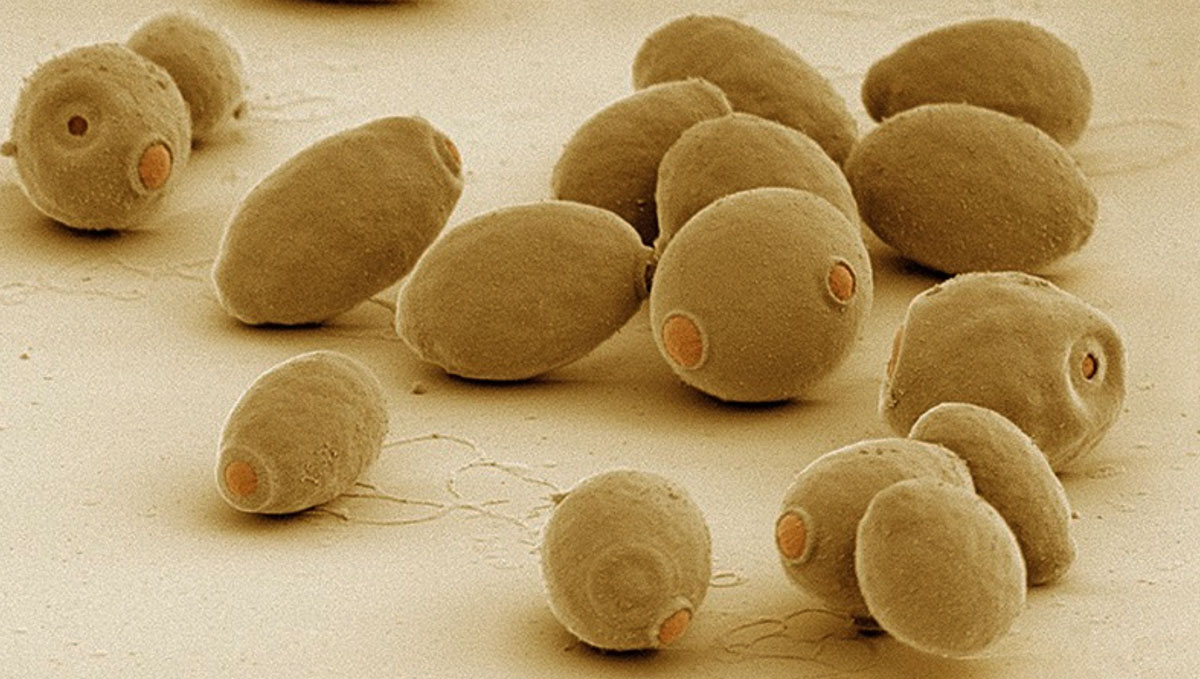
Well, just like this has changed, so are changing the ways of obtaining the different cannabinoids present in weed plants. Recently, scientists have found that they can brew cannabinoids from hacked beer yeast, that's right, beer. Let's find all out about this new discovery.
1. Turning Beer Yeast Into THC And CBD
So, you might be wondering how it is possible to produce THC and CBD without obtaining them from marijuana plants, so are we. It's all the result of the work of brilliant scientists' minds who have managed to break the hack. 1
As the researchers described on their extract, THC, or tetrahydrocannabinol, and CBD, cannabidiol, can be produced by altering a sugar in brewer's yeast, a galactose that goes by the name of Saccharomyces cerevisiae. Since the amounts of these cannabinoids present in weed plants are only limited, ideally, this fermentation process will make the production of THC and CBD easier, cheaper, and more reliable than traditional plant-based cultivation.
This is the result of several years of tests and trials until they finally managed to hack these bacteria. Previous works had already discovered the possibility of building the different parts of the cannabinoid production line in yeast, but still, the complete process wasn't achieved until recently ago. 2 3
2. How Did They Do It?
The ones responsible for achieving the low-cost and high-quality production of THC, the one known for the typical weed high, and CBD, the one associated with medical uses, without the need of growing weed plants were Jay Keasling a professor of chemical and biomolecular engineering, and her colleagues at the University of California Berkeley.
These masterminds found that it could be done by modifying various of the genes found in S. cerevisiae, and introducing others from five different types of bacteria, along with genes coming from cannabis plants.
“The process is just like brewing beer, you feed the yeast sugar and they produce the cannabinoid you want to produce, rather than ethanol, which they would normally produce.”
Sounds easy right? Well, not that much. To achieve those, they have to make about 16 modifications to these bacteria's genes to transform galactose, a.k.a. the sugar, into inactive forms of THC or CBD, THCA and CBDA.
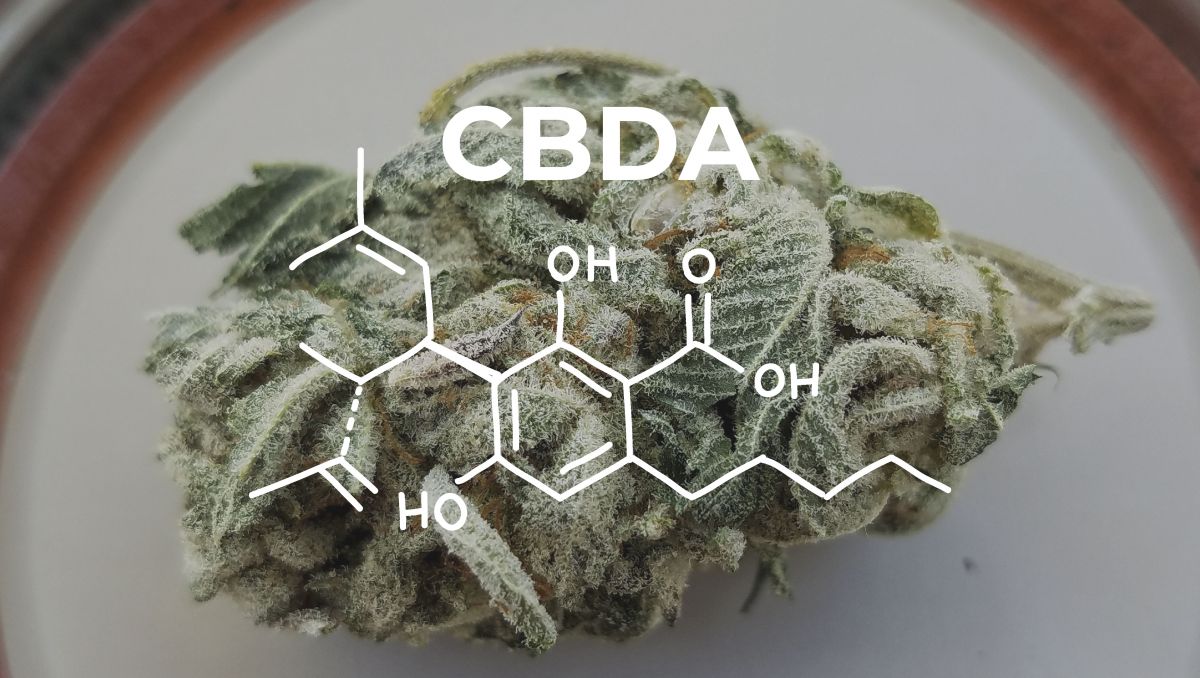
Then, just like with normally produced THC and CBD, they will be activated by heat exposure, which is also known as the decarboxylation process. The results? Well, about 8 milligrams of THC per liter, and lower amounts of CBD. This means that, in order for this beer-brewed cannabinoids to measure up to the amounts of cannabinoids extracted from plants, these yields would need an increase of a hundred times more for the cost. Besides, if effective, this would be one of the most environmentally friendly ways of producing cannabinoids.
But the prospect is not all too grey to discard these new discoveries. In fact, scientists at a company that goes by the name of Demetrix, founded in 2015, have already achieved to boost the yielding of these cannabinoids through yeast and gene modifications. This scientists' team has also achieved to manipulate these beer's bacteria and transform different types of fatty acids into certain types of cannabinoids that don't emerge naturally in big quantities in weed plants.
If they can finally achieve control of the production of these cannabinoids then brewing them would revolutionize the different uses of marijuana for medical purposes, broadening its scope even more. Furthermore, they could even become patentable substances, since they are artificially created. Now the discovery of these cannabinoids might attract the eye of drug companies, of which only a few have actually explored the field of medicines based on marijuana's components.
3. Are There Other Ways Of Making Non-Plant Cannabinoids?
The short answer is yes. For instance, a Canadian company based in Toronto, Trait Biosciences is experimenting genetically with cannabis for the production of water-soluble cannabinoids aimed specifically at the drinks and beverage industry.
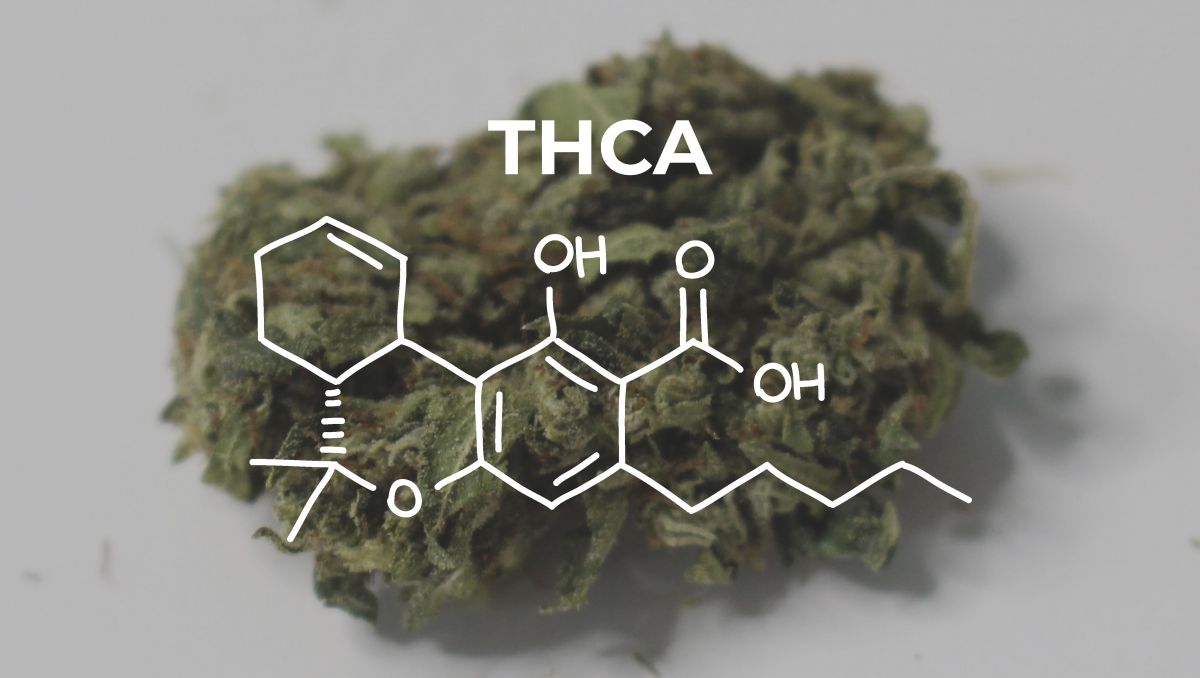
This same company is looking to alter their marijuana plants with the objective of turning every part of these plants into cannabinoid producers, not just their resin glands, normally known as trichomes.
“Everything you can do in yeast, you can do in the plant itself with far greater yield and purity,” said Ronan Levy, Trait Biosciences' chief strategic officer.
Another specialist at the University of California, the biochemist James Bowie also detailed another alternative for obtaining CBD from sugar. Without needing any reactions to occur inside a cell, his team achieved the creation of the precursor cannabinoid forms of THC and CBD and in amounts that result commercially viable.4 Now, the researchers are trying to develop this approach through Invizyne Technologies, a new start-up.
4. Cannabis-Drinks Market On The Rise
In the United States, the cannabis industry represents a multibillion-dollar business, and it hasn't even yet reached its full potential. Of course, big corporations weren't too slow to notice the gold mine right before their eyes.
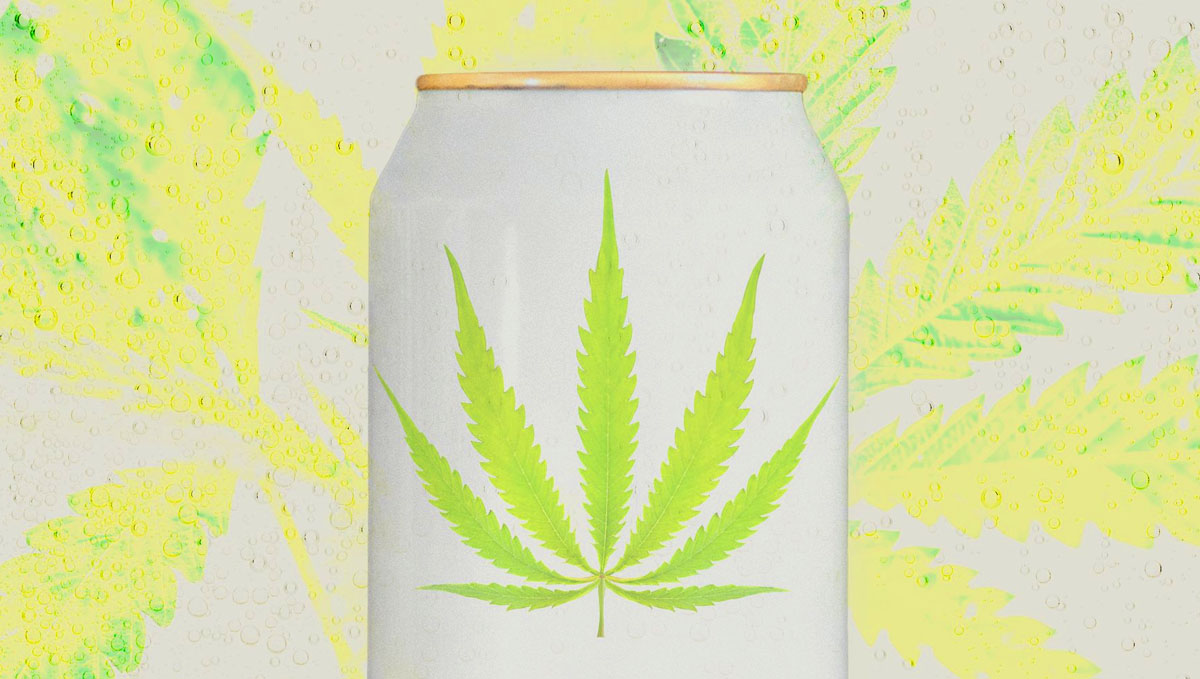
For instance, Constellation bought a 9.9% share of one of Canada's biggest traded marijuana firms, Canopy Growth. How much? for £141 million (€148 million) when the company valued £1.3 billion (€1.3 billion). Even more, Constellation is looking to invest further in the firm, and acquire a 38%b share of their business. 5
On the other hand, Coca-Cola is thought to be discussing with Aurora, a Canadian cannabis producer, with the goal of developing CBD-infused drinks. Meanwhile, Diageo, from the UK, is already working on the development of three varieties of Canadian cannabis manufacturers, with the goal of launching their own line of cannabis-based drinks.
5. The Bottom Line
It is only a matter of time until these clever minds studying the amazing plant that marijuana is, finally achieve to tame this bull. And once this is achieved then get ready for the cannabis industry to explode, I'm no expert in the business industry but I would bet everything I have on it.
So, get ready and wait with your eyes open to witness marijuana take over the whole world. Once cannabis shows all of those who are completely against its use how great she is as a plant, as a medical aid and compound, then we'll finally see how they start changing their thoughts about it.
What do you think? Would you consume these artificially made cannabinoids or would you rather consume your natural ones produced at home with your own plants?
EXTERNAL REFERENCES
- "Complete biosynthesis of cannabinoids and their unnatural analogues in yeast" Xiaozhou Luo, Michael A. Reiter, Leo d’Espaux, Jeff Wong, Charles M. Denby, Anna Lechner, Yunfeng Zhang, Adrian T. Grzybowski, Simon Harth, Weiyin Lin, Hyunsu Lee, Changhua Yu, John Shin, Kai Deng, Veronica T. Benites, George Wang, Edward E. K. Baidoo, Yan Chen, Ishaan Dev, Christopher J. Petzold and Jay D. Keasling. February 2019.
- "Engineering yeasts as platform organisms for cannabinoid biosynthesis" Bastian Zirpel, Friederike Degenhardt, Chantale Martin, Oliver Kayser, and Felix Stehle. October 2017.
- "Production of Δ9-tetrahydrocannabinolic acid from cannabigerolic acid by whole cells of Pichia (Komagataella) pastoris expressing Δ9-tetrahydrocannabinolic acid synthase from Cannabis sativa L" Bastian Zirpel, Felix Stehle, and Oliver Kayser. September 2015.
- "A cell-free platform for the prenylation of natural products and application to cannabinoid production" Meaghan A. Valliere, Tyler P. Korman, Nicholas B. Woodall, Gregory A. Khitrov, Robert E. Taylor, David Baker, amd James U. Bowie.
- "Constellation Brands Exercises Warrants to Acquire Shares in Canopy Growth, Reinforcing Confidence in Canopy Growth's Ability to Win Long-Term in Emerging Cannabis Industry" Official Press Release. May 2020.








